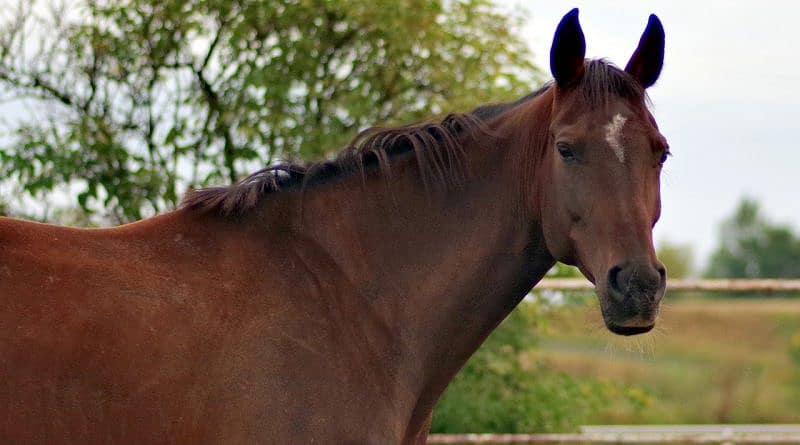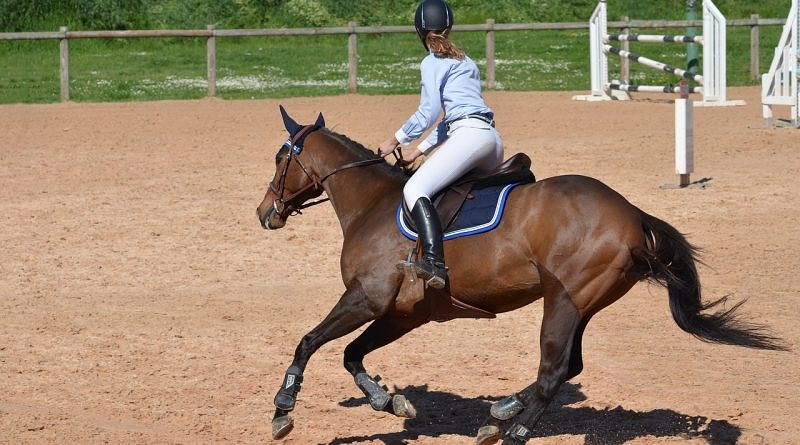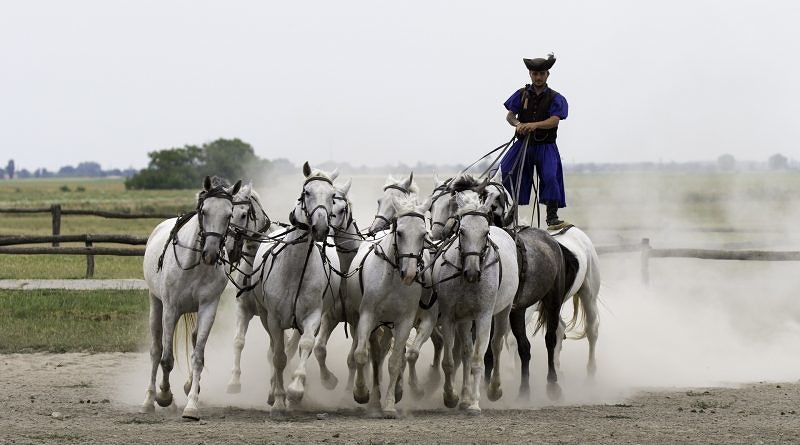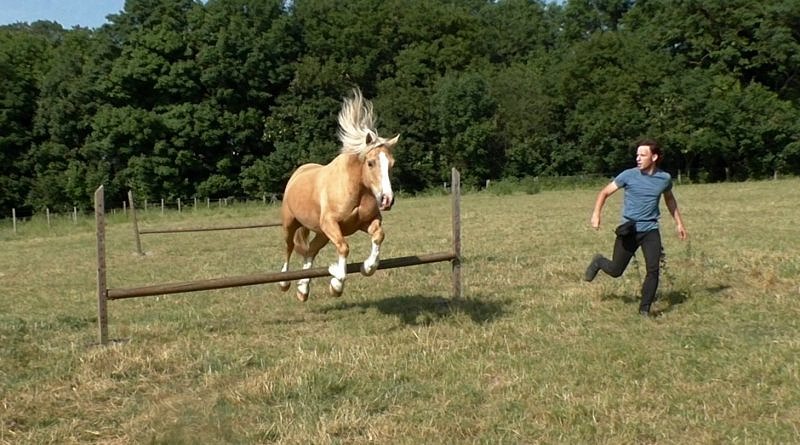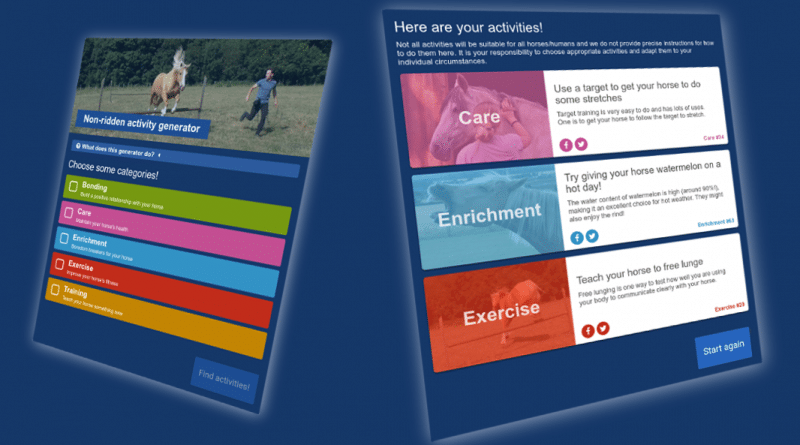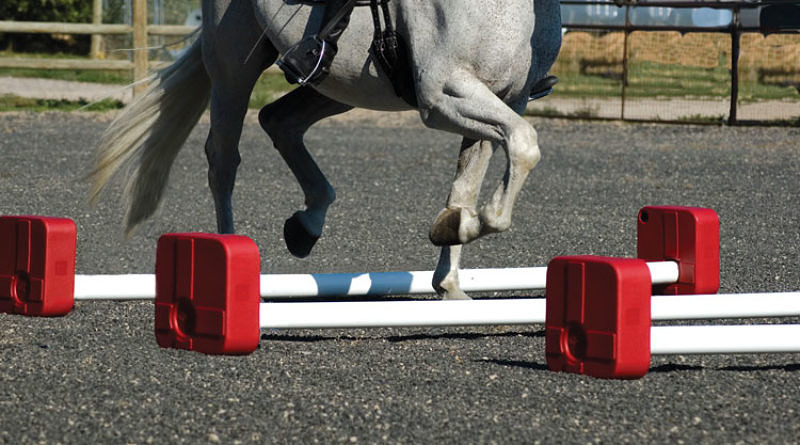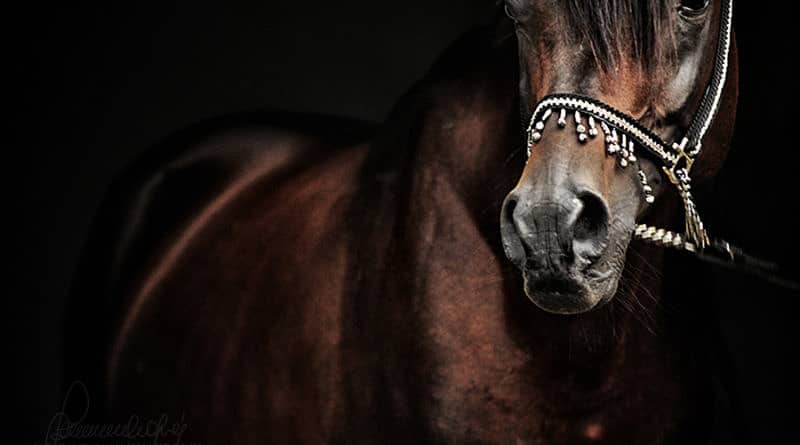What makes a great riding instructor?
There are probably as many answers to this question as there are riders! What makes a great instructor for one person won’t be the same for another. But here is what I believe makes a great riding instructor- and the type of instructor I strive to be.
Give your students confidence
My philosophy when training riders is very similar to my philosophy when training horses: I want my students to be able to perform their very best and learn with ease – and to do that they need to be comfortable, confident, and not stressed.
My students need to trust that I’m never going to ask them to do something that is beyond their capabilities. A great riding instructor understands that this trust needs to be earned and that a lot of people struggle to admit when they are not feeling completely confident – and that’s ok! Even very experienced riders have days when they don’t feel invincible. We might have been carefree as children or teens but many adult riders are painfully aware of their mortality and an instructor with empathy should non-judgmentally understand and accept this. Ideally students should feel like they can admit feeling worried or afraid – and they should not be embarrassed to make mistakes in front of their instructor. A great instructor is there to offer support and a practised eye – like an arena mirror, only more talkative.
Of course there will be times when we have to push the boundaries a little – but we should never want to push too much or too fast. If you knock someone’s confidence by trying to progress too quickly when they aren’t ready, they are liable to shut down and become so disheartened – or even afraid – that they start to want to avoid riding altogether, let alone wanting to try and do their best! It’s important to remember that riding, even if it’s a career for some of us now, started out as fun. Remembering that and not pushing ourselves to the point where it’s no longer enjoyable is really important.
Train the rider to train the horse
Many riding instructors tend to focus almost entirely on rider position and correct use of the aids. This is of course important. A beginner on a sturdy, forgiving school horse needs to know what ‘buttons’ to press and how to develop a safe and balanced seat. As a rider improves they learn to influence their horse’s way of going more generally – they transition from being an unobtrusive passenger to a more effective ‘pilot’. Good instructors will teach their students to be pilots rather than passengers.
For many riders this is where instruction ends. But horses are not machines! Unlike cars or planes where all the buttons and gears are more or less always in the same place and produce predictable results, a horse has a mind and can change how they feel and respond to what their rider – or the world around them – is doing. That is, horses learn. Great instructors teach you not just how to ‘pilot’ but how to educate the horse: to really learn to be a partner to your horse you have to go beyond thinking of your horse as a vehicle.
This is a really important thing to understand and can be a true revelation. Many riders – and instructors – behave as though a horse is an unchangeable ‘thing’. They will talk about a horse having “a hard mouth” or “a fussy mouth” or being “lazy and insensitive”. Then they’ll use equipment or riding techniques to work around these characteristics: a stronger bit and martingale for the horse with a hard mouth, a noseband for the fussy horse, a whip or ‘more leg’ for the insensitive one…
A great instructor will show you that you don’t have to simply accept and work around these things. Of course horses have their individual personalities and quirks which set out the limits of what we can achieve. At the same time, however, most of these traits are still incredibly plastic and you can mold and alter how your horse responds to different cues, equipment or environmental factors. This process is called training and a great instructor aims to train their students to train their horse!
Set achievable goals and recognise progress towards them
Finally, a great instructor will help their students work on small, achievable goals. They’ll not only recognise and acknowledge a student’s progress but they will also help their students recognise and appreciate the progress they’ve made – however small a step, a step in the right direction is valuable and should be celebrated.
Individual people benefit from different styles of instruction. But for me a great instructor is someone who picks out the things the student is doing right and praises them for those things. Of course instructors need to offer constructive criticism as well to guide your improvement. But it’s really no good being told that you’re doing it wrong if no one tells you when you’re doing it right! If you’re only ever told what you’re doing wrong, how are you to know which of the many thousands of possible ways to do something is the right way? Are you going to try every option until your instructor doesn’t tell you it’s wrong?
Pointing out when something is correct is far more useful than pointing out when it isn’t. Praising the good while gently explaining how to improve on the bad is even better!

